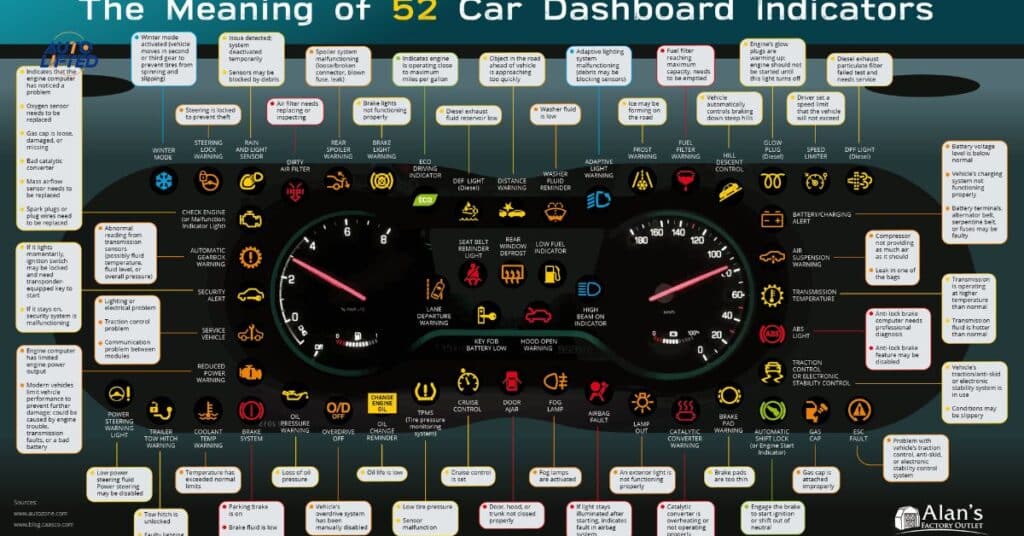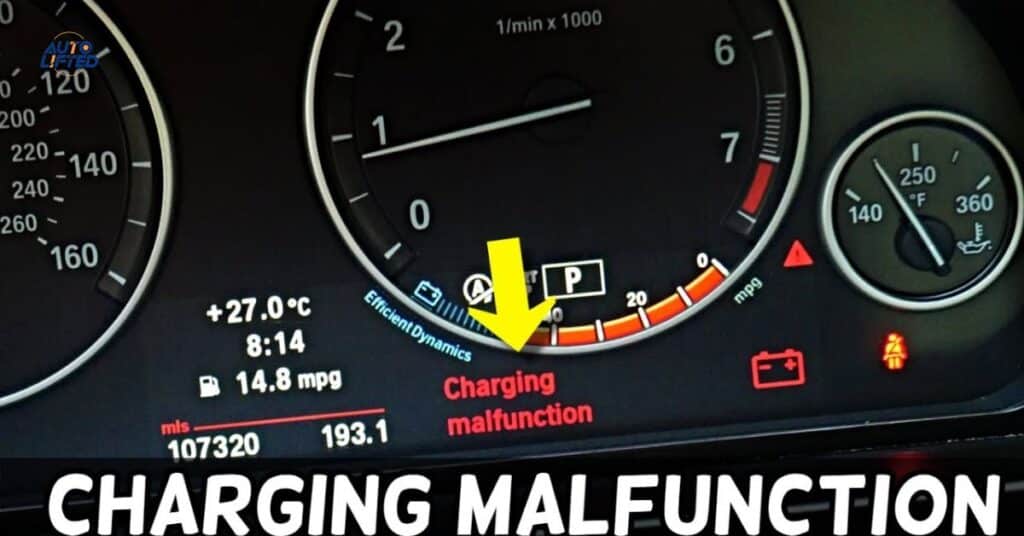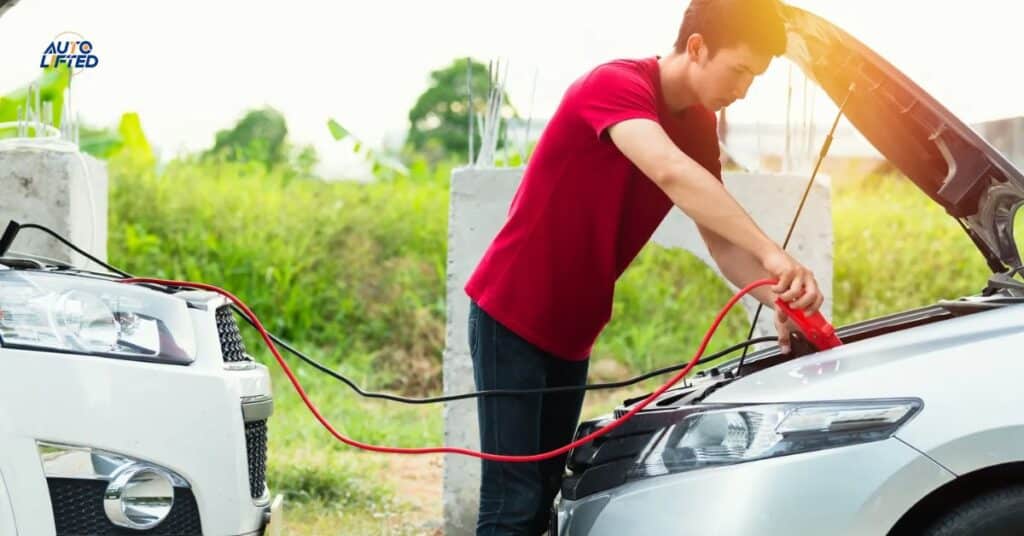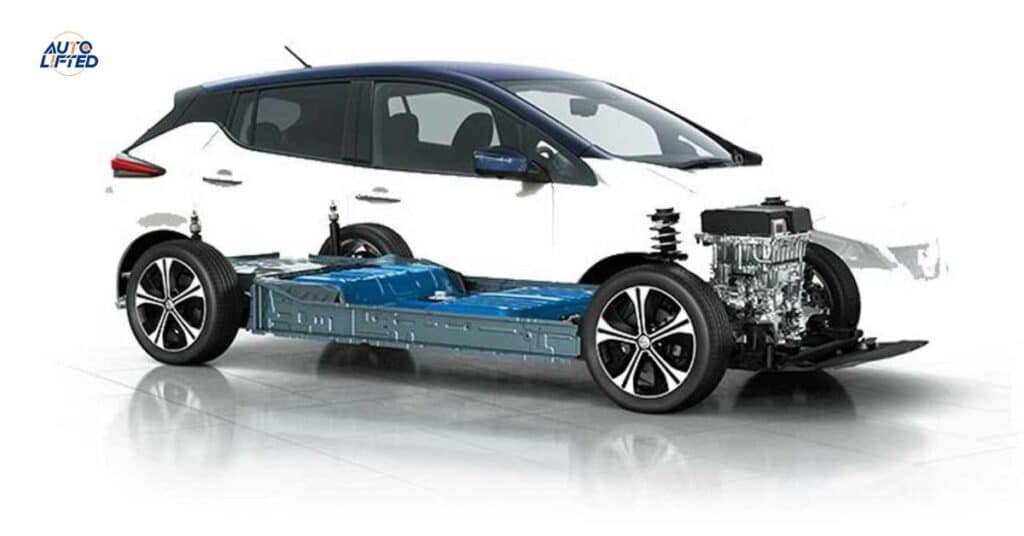Car batteries typically last 3-5 years. But this can vary based on factors like climate driving habits, and the type of vehicle. Extreme temperatures short drives and leaving the battery on the shelf for too long can all affect its lifespan.
Curious about your car battery’s lifespan. On average, they last between 3 to 5 years. Factors such as climate driving habits and maintenance can influence how long your battery will last. Understanding these factors can help you extend your battery’s lifespan and avoid unexpected breakdowns.
Car batteries typically last between 3 to 5 years on average. Its factors like climate driving habits and maintenance can affect their lifespan. Extreme temperatures frequent short drives, and leaving the battery unused for extended periods can all contribute to a shorter battery life. By understanding these factors and taking proper precautions. You can maximize your car battery’s lifespan and avoid unexpected breakdowns.
How Long Do Car Batteries Last?
Car batteries typically last between 3 to 5 years. This can vary depending on factors such as climate, driving habits, and maintenance. Extreme temperatures frequent short drives and leaving the battery unused for extended periods can all contribute to a shorter battery life.
To maximize your car battery’s lifespan. It consider parking in shaded areas taking longer drives to fully recharge the battery and using a trickle charger when the vehicle is not in use. These simple precautions can help you avoid unexpected battery failures and costly replacements, ensuring your vehicle stays on the road without any hiccups.
Also read this: HOW TO JUMP A CAR
Warning Signs That Your Battery Could Soon Fail

There are a few warning signs that your car battery might be on the verge of failing. If your engine takes longer than usual to start or if you notice dimming headlights and interior lights it could indicate a weakening battery. Keep an eye out for a dashboard warning light that looks like a battery as this is also a sign of a failing battery.
Its visible damage to the battery such as cracks or corrosion as well as a sulfurous smell coming from the battery, are red flags that it may be time for a replacement. If you notice any of these warning signs it’s crucial to have your battery inspected and replaced if necessary to avoid being stranded with a dead battery.
Engine Is Slow to Start
If your engine is slow to start it might be a sign of a weakening car battery. When you turn the key, and the engine takes longer than usual to crank before starting it’s a clear indication that the battery may not have enough power.
This slow cranking can be caused by various factors, including an aging battery, corroded battery terminals or electrical issues. It’s crucial to have your battery and charging system checked if you notice this problem to avoid getting stranded with a dead battery.
Check Engine Light Is On
If the check engine light is on it could indicate a problem with your car battery. This light is connected to your car’s onboard diagnostic system which monitors various components including the battery.
The check engine light can signal various issues. It may also come on if your battery is weak or failing. It’s essential to have your battery and charging system checked by a professional to identify and address any potential issues.
Dim Lights and Other Electrical Issues
If you notice dim lights or other electrical issues in your car. It could be a sign of a failing battery. Dimming headlights interior lights or dashboard lights are common indicators that your battery may be losing power.
Electrical issues such as malfunctioning power windows slow-moving power seats or a weak sound system can also suggest a battery problem. It’s essential to address these issues promptly to avoid being stranded with a dead battery.
Corroded Battery Connectors

Corroded battery connectors are a common sign of battery issues. If you notice a white, powdery substance around the battery terminals it indicates corrosion which can interfere with the battery’s ability to charge and deliver power to the vehicle.
Corrosion on the battery terminals can lead to poor electrical connections which may result in difficulty starting the engine or other electrical problems in your car. It’s essential to clean the battery terminals regularly and address any corrosion to ensure proper battery function.
Misshapen Battery Case
A misshapen battery case is a clear sign of a failing battery. If you notice bulging swelling, or deformation of the battery case it indicates internal damage or excessive heat buildup which can compromise the battery’s performance and lifespan.
A misshapen battery case can also lead to leaks, acid spills, and other safety hazards. If you observe any deformation or swelling of your car battery it’s essential to have it inspected and replaced promptly to avoid potential damage to your vehicle and ensure safe operation.
Factors That Can Affect Battery Life
Several factors can affect the lifespan of a car battery. Extreme temperatures both hot and cold, can significantly impact battery life. Hot weather accelerates chemical reactions in the battery while cold weather reduces the battery’s efficiency leading to shorter lifespan.
Where You Live
Where you live plays a significant role in determining the lifespan of your car battery. In regions with extreme temperatures. Such as very hot or very cold climates batteries tend to degrade more quickly. Hot weather accelerates chemical reactions in the battery. While cold weather reduces its efficiency.
For example, in hot climates like those found in desert regions car batteries may need to be replaced more frequently, sometimes every two to three years. On the other hand, in colder climates a car battery might last longer around four to five years. But extreme cold can reduce its efficiency and lifespan.
Malfunctioning Charging System

A malfunctioning charging system can significantly reduce the lifespan of your car battery. If the alternator fails to recharge the battery properly It can lead to undercharging or overcharging both of which can cause damage to the battery.
Persistent undercharging or overcharging accelerates battery aging and can result in premature battery failure. Therefore, it’s essential to have your vehicle’s charging system checked regularly to ensure proper battery health and longevity.
How to Extend Your Battery’s Life
To extend your battery’s life there are several steps you can take. First avoid frequent short trips as they prevent the battery from fully recharging. Instead, try to take longer drives occasionally to help the battery maintain its charge.
keeping your battery clean and free of corrosion can help prolong its lifespan. Regularly inspect the battery terminals for any signs of corrosion and clean them if necessary. Finally, if you live in a hot climate, consider parking your car in the shade to reduce heat buildup and extend your battery’s life.
Evaluating Your Driving Conditions
Evaluating your driving conditions is essential for maintaining your car battery. If you frequently drive short distances or only take brief trips, your battery may not have enough time to recharge fully, leading to premature failure. Consider taking longer drives occasionally to help the battery maintain its charge.
If you live in a hot climate your battery may degrade more quickly due to the extreme temperatures. On the other hand if you live in a colder climate your battery may last longer. But extreme cold can reduce its efficiency and lifespan. Understanding your driving conditions can help you take appropriate steps to extend your battery’s life.
Leaving Your Battery Fully Charged When at Rest
Leaving your battery fully charged when at rest can help prolong its life. If you’re not using your vehicle for an extended period, such as during a vacation or seasonal storage consider using a battery maintainer or trickle charger to keep the battery fully charged.
Keeping the battery fully charged prevents it from discharging completely which can lead to sulfation and permanent damage. By maintaining a full charge, you can ensure that your battery is ready to go when you need it without the risk of damage from discharging.
Don’t Leave Your Car Unused for Long Periods of Time
Avoid leaving your car unused for long periods of time, as this can negatively affect your battery. When a car sits idle, its battery gradually loses charge, leading to sulfation and reduced battery life. If possible, try to start your car and take it for a short drive at least once a week to keep the battery charged.
If you know your car will be unused for an extended period. It consider disconnecting the battery to prevent it from draining completely. you can use a battery maintainer or trickle charger to keep the battery charged while the car is not in use. These simple steps can help prolong your battery’s life and ensure your car is ready to go when you need it.
Can jump starting damage your car battery?

Jump-starting your car can potentially damage your car battery if not done correctly. Connecting the jumper cables incorrectly such as reversing the polarity can cause serious damage to the battery and other electrical components in your car.
Jump-starting should only be used as a temporary solution. If your battery frequently requires jump-starting, it may be a sign of a more significant issue with your electrical system or battery and it’s essential to have it checked by a professional.
Car Battery Lifespan
The lifespan of a car battery usually ranges from three to five years. However, several factors can influence how long it lasts including driving habits weather conditions and maintenance. By taking good care of your battery and ensuring it’s properly charged and maintained you can help extend its lifespan.
Regularly inspecting your battery for signs of corrosion, keeping it clean and avoiding frequent short trips can all contribute to a longer battery life. Using a battery maintainer or trickle charger when the vehicle is not in use for an extended period can help keep the battery fully charged and in good condition.
Frequently Asked Questions
How do I know when my car needs a new battery?
If your car takes longer to start than usual or if you notice dimming headlights, it might be time for a new battery.
Can a car battery last 10 years?
While it’s not common, some car batteries can last up to 10 years especially with proper maintenance and care.
What is the average lifespan of a car battery?
The average lifespan of a car battery is typically around three to five years, although some may last longer with proper care and maintenance.
What shortens car battery life?
Several factors can shorten car battery life including frequent short trips, extreme temperatures lack of maintenance and leaving electrical components on when the engine is off.
Does driving slower save battery life?
Driving slower does not significantly affect car battery life. It avoiding frequent short trips and ensuring your battery is properly charged and maintained can help extend its lifespan.
What’s the longest lasting car battery?
The longest lasting car batteries are often those with high-quality construction and advanced technology, such as Absorbent Glass Mat (AGM) batteries which can last longer than traditional lead-acid batteries.
Final thoughts
The lifespan of a car battery typically ranges from three to five years. Although some may last longer with proper care and maintenance. Factors such as driving habits weather conditions and maintenance practices all play a role in determining the longevity of a car battery. By taking preventive measures such as avoiding frequent short trips keeping the battery fully charged and ensuring proper maintenance, you can extend the lifespan of your car battery.
It choosing a high-quality battery, such as an Absorbent Glass Mat (AGM) battery, can also contribute to longer battery life. Regularly inspecting your battery for signs of wear and addressing any issues promptly can help prevent unexpected battery failures and ensure reliable performance from your vehicle.

Passionate automotive enthusiast sharing insights, tips, and stories from the world of cars. Join me on an exhilarating journey through the roads of automotive excellence.







